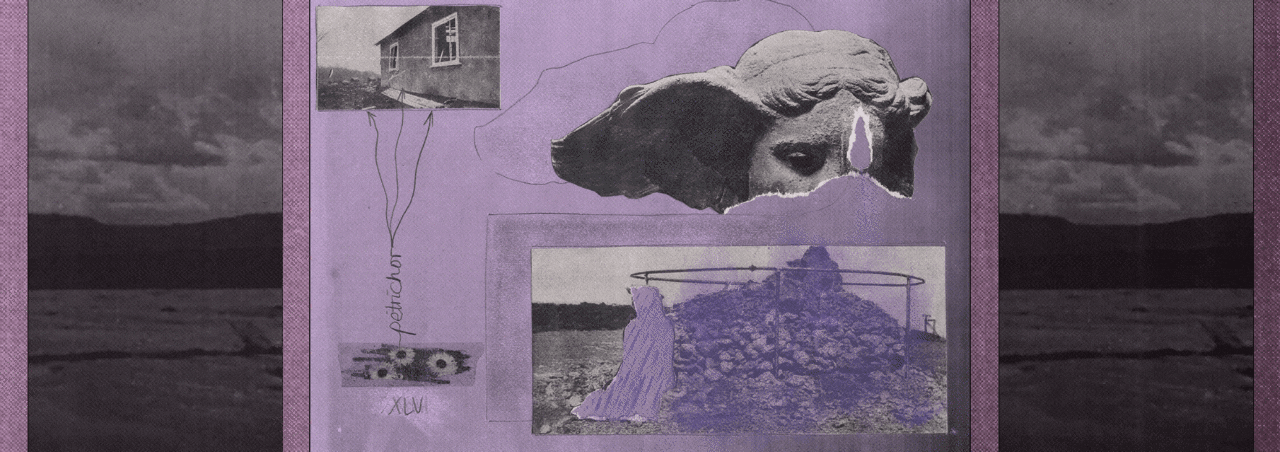The Expatriate at Home
Today, I order Spain from the menu.
I dine on the country with a special wine
my wife picked from a small vineyard
near her girlhood home in Cádiz.
I feast on each region, and when the bill
comes I stand and bow. The waiter shakes
his head. I am the loud foreigner who can’t stop.
Spain’s history is in front of me like ham
sweating on its hook behind
the bartender. It’s waiting there
for me to pluck it, shout its name, jamón.
I want to tether myself to this country,
reel it in like a fish, wrap it like a present
in silk with wide, ornate bows.
I want to know Spain like a lover
I can hold at the end of the work day,
and know that we’re humming
like a smooth, working motor.
I’m a man losing myself to the daily sites
of bulking mountains and gurgling, vibrant
rivers moving into the cities like high-speed
trains. I’m the one snapping photographs
like a desperate man who tries to scoop
up all the gold coins in a pirate movie.
The Grasshopper Woman, Endlessly
The woman at work with the grasshopper eyes
keeps me distracted all day
with the bug-like features
of her face. She never glances my way,
never comes close enough; her small talk
is unknown to me. Her laugh, which forces
her head to the side, a tilted painting, aims
itself to those who sit on that end of the office.
I picture the two of us in a meadow
of waist high grass, smelling lilac from each
direction. We sigh and learn
about each other through silence and looks
so concentrated that rain begins pecking
our hair and skin. All we can think
to do is smile, push the rain away, the way
a person does with hair draping over the face.
Back at work we resemble a society of insects—
people with the eyes of bees, the work ethic of ants,
tendency to chatter like crickets—but there’s only
one grasshopper and she does her ethereal mating dance
for eight hours, from her desk to the copy machine,
feet slightly crossing each other, hips propelling
forward, a series of thrusts that begs
the question of how anyone could catch her.
America’s Favorite Topic is the Self
Can I tell you about the day
they didn’t pick me up from Little League
and I scaled a fence like a rock face,
straddled the top, lost balance, and faster
than a baseball flying over
my head in right field, fell?
One weekend at my grandma’s, I wandered
into the forest behind her house. I was walking
further away from family. I was lost
and too frightened to stop. The sparrows
followed my misdirection. My dad phoned
the sheriff and everyone was soon driving
the state roads calling my name.
My name on the minds of half the county.
Let me hold the first-person like a pillow
cradled in my arms. I can rock it
like a newborn making its first sounds, waves
that drive outward for others to hear.
Aaron Rudolph is the author of Sacred Things (Bridge Burner’s, 2002). His poems are featured in the anthologies Two Southwests (Visual Arts Collective, 2008) and Ain’t Nobody That Can Sing Like Me: New Oklahoma Writing (Mongel Empire Press, 2010). Rudolph won the 2008 AWP Intro Journal Award for poetry and is the founding editor of Cuento Magazine, a journal for micro writing.
BACK
NEXT
